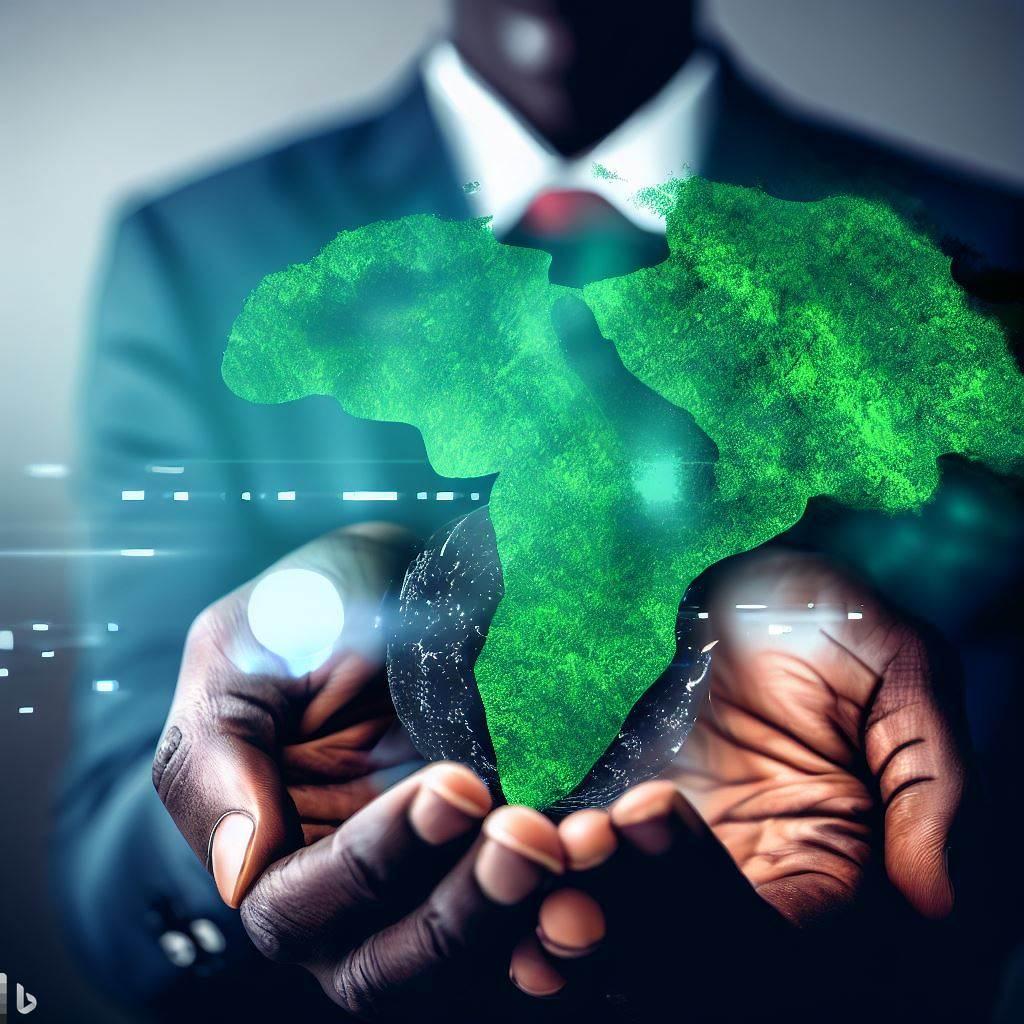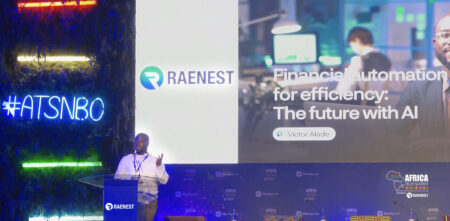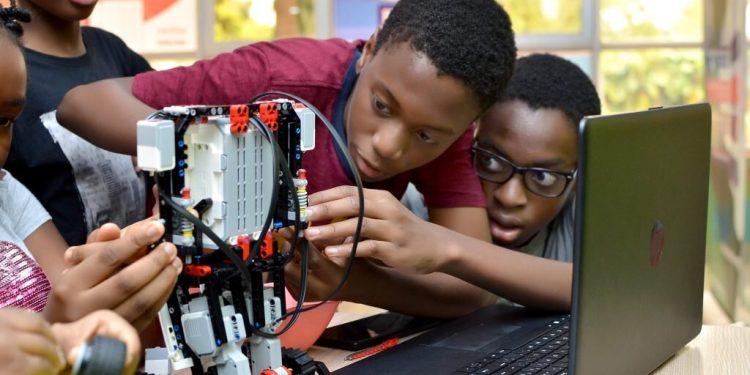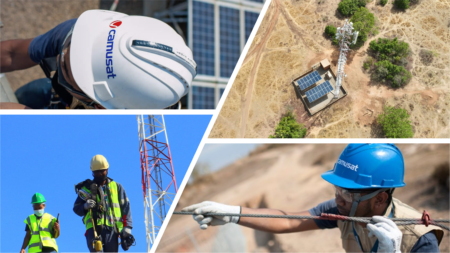- Forex trading apps are playing a significant role in the democratization of the financial world.
- They are enabling individuals worldwide to participate in the global forex market directly from their smartphones.
- Profits from forex trading can be reinvested in local green projects, further stimulating economies.
Sustainability has become a central focus in both economic development and the rapidly evolving world of financial technology (FinTech). This shift marks an important step in addressing the global environmental crisis, while also boosting the economy in developing nations. Interestingly, emerging tools such as the forex trading app play an intriguing, albeit indirect, role in this pursuit of economic and environmental progress.
The crux of the sustainability-FinTech fusion rests on two main factors. The first is the increased ability to gather and analyze environmental, social, and governance (ESG) data. By leveraging big data analytics and artificial intelligence, FinTech platforms can provide a more comprehensive and accurate picture of a company’s ESG profile. Investors, consequently, can make informed decisions that align with their sustainability objectives.
FinTech and the world of forex trading apps
The second factor is the democratization of financial services. Thanks to mobile technology, financial tools and resources previously accessible only to the elite or the well-connected are now available to the broader public. This phenomenon is perhaps most apparent in the realm of investment and trading.
Enter the world of forex trading apps. On the surface, it may seem these platforms are somewhat removed from the sustainability-FinTech narrative. But delve a little deeper, and their impact becomes clearer. Forex trading apps have played a significant role in the democratization of the financial world, enabling individuals worldwide to participate in the global forex market directly from their smartphones.
Forex trading apps have also fostered an unexpected outcome in developing economies. By empowering individuals to engage in forex trading, these platforms indirectly contribute to economic diversification. In nations heavily reliant on a single export or industry, this diversification is a key factor in increasing economic resilience and, ultimately, sustainability.
Reinvesting forex trading profits in green projects
In addition, the revenue generated through these apps can be channeled into sustainable initiatives. Profits from forex trading can be reinvested in local green projects, further stimulating the economy while contributing to environmental protection.
Simultaneously, the success of forex trading apps underscores the broader potential of FinTech in promoting sustainability. It sets a precedent for other financial technologies to follow. The rise of green bonds, impact investing, and ESG-geared robo-advisors are just a few instances of how the field is evolving.
In conclusion, the intersection of sustainability and FinTech holds tremendous potential for both economic growth and environmental protection in developing economies. And while the inclusion of forex trading apps in this narrative might seem unexpected, they exemplify the role that democratized finance can play in this promising and essential global pursuit. The innovative application of such technology can contribute significantly towards a sustainable and financially inclusive future.











